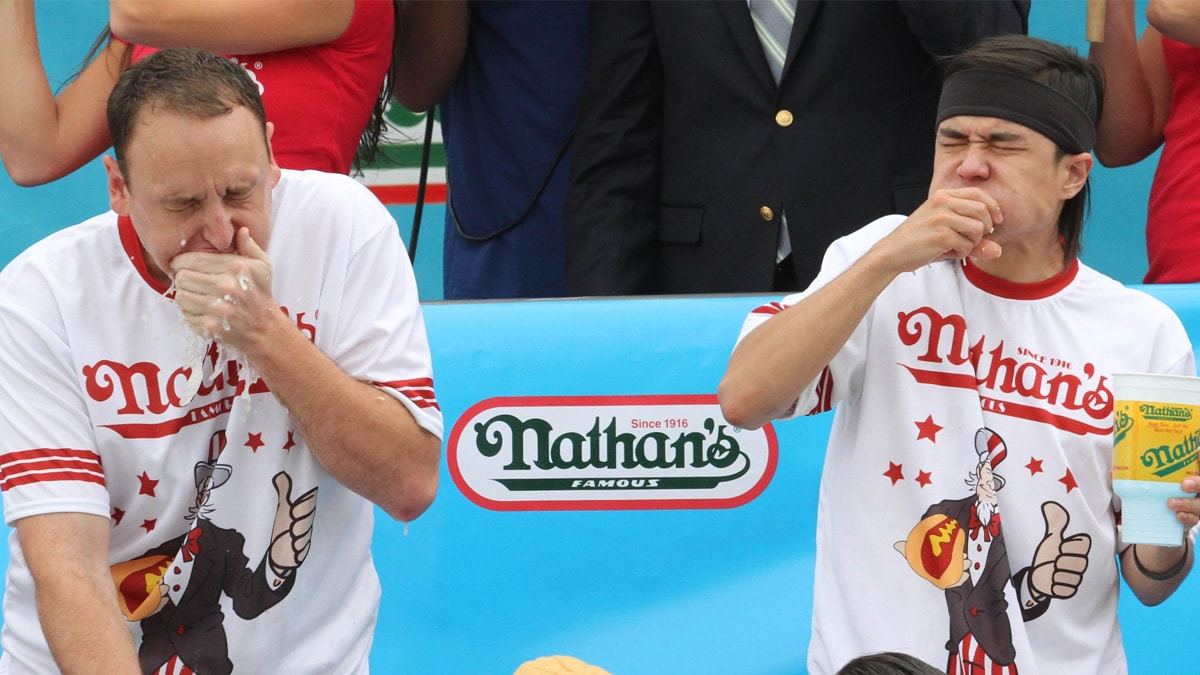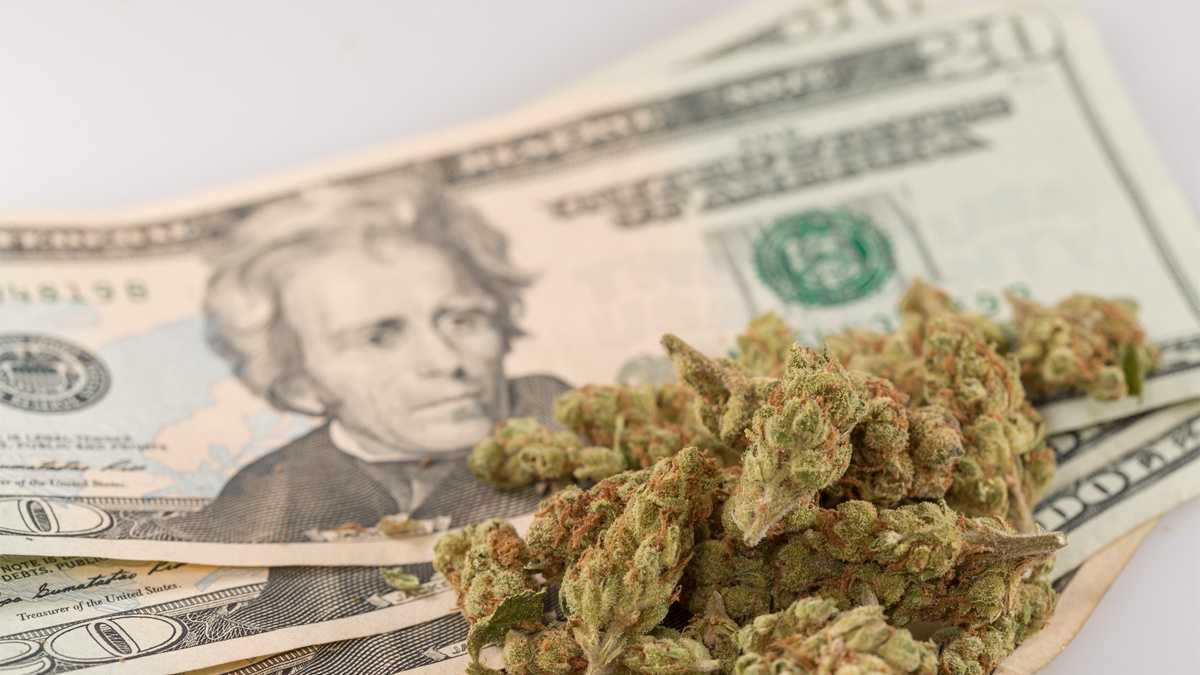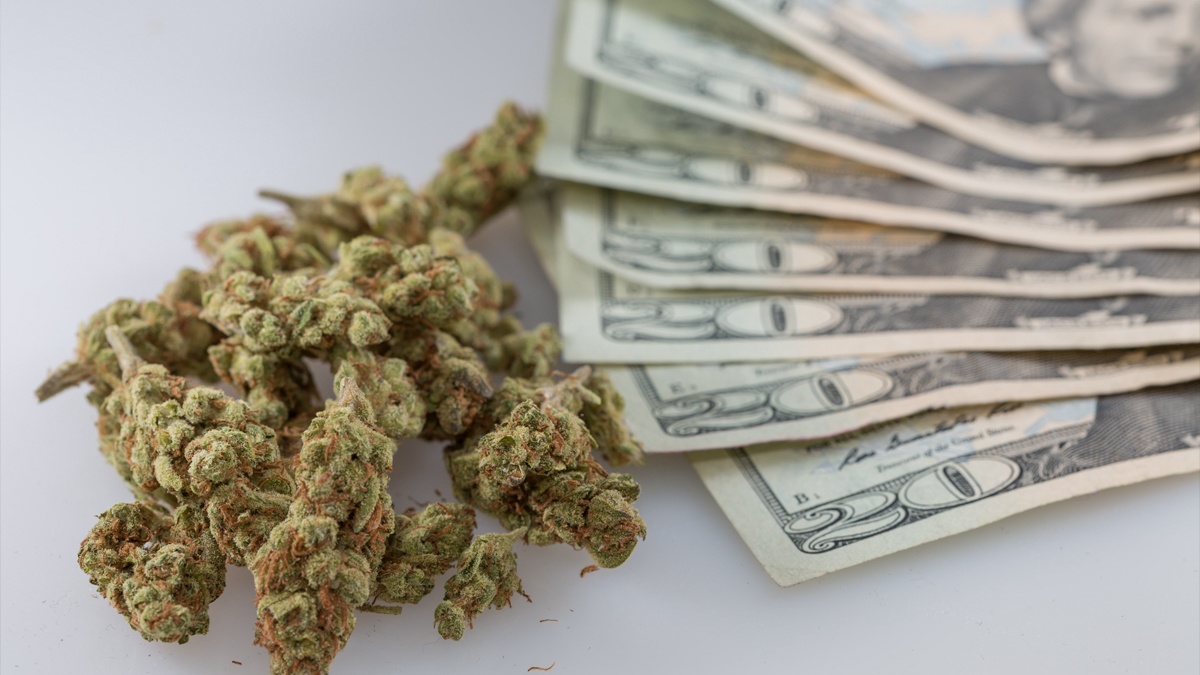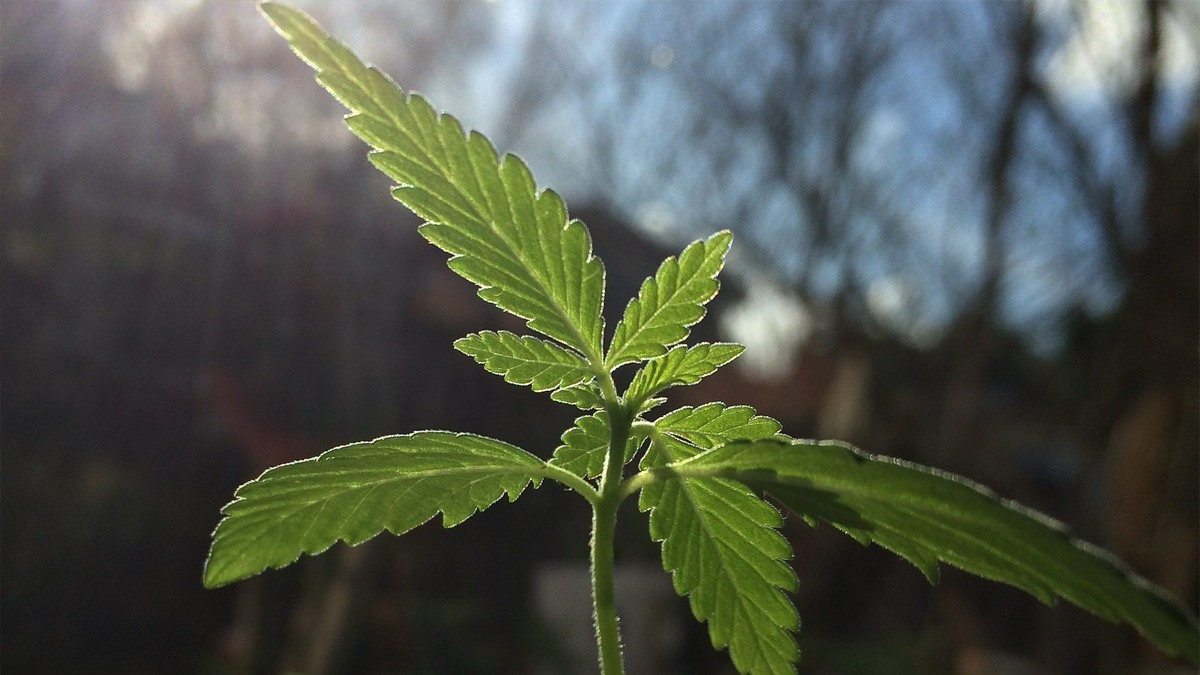
a:1:{i:0;a:3:{s:8:”template”;s:7:”wrapper”;s:4:”type”;s:10:”background”;s:5:”items”;a:2:{i:0;a:3:{s:8:”template”;s:7:”element”;s:4:”type”;s:5:”image”;s:5:”value”;a:38:{s:2:”id”;s:0:””;s:5:”class”;s:0:””;s:5:”image”;s:5:”12946″;s:14:”thumbnail-size”;s:4:”full”;s:7:”z-index”;s:0:””;s:7:”link-to”;s:13:”lb-full-image”;s:12:”custom-image”;s:0:””;s:9:”video-url”;s:0:””;s:7:”page-id”;s:5:”10796″;s:10:”custom-url”;s:0:””;s:18:”custom-link-target”;s:5:”_self”;s:17:”overlay-icon-type”;s:7:”default”;s:18:”overlay-icon-style”;s:8:”on-hover”;s:12:”overlay-icon”;s:13:”fa fa-android”;s:13:”overlay-image”;s:0:””;s:14:”enable-caption”;s:7:”disable”;s:9:”max-width”;s:0:””;s:9:”alignment”;s:6:”center”;s:13:”zoom-on-hover”;s:7:”disable”;s:13:”enable-shadow”;s:7:”disable”;s:22:”background-shadow-size”;s:0:””;s:23:”background-shadow-color”;s:0:””;s:25:”background-shadow-opacity”;s:3:”0.2″;s:11:”frame-style”;s:9:”rectangle”;s:13:”border-radius”;s:3:”3px”;s:15:”border-radius-2″;a:5:{s:3:”top”;s:0:””;s:5:”right”;s:0:””;s:6:”bottom”;s:0:””;s:4:”left”;s:0:””;s:8:”settings”;s:4:”link”;}s:12:”border-width”;s:3:”0px”;s:17:”overlay-icon-size”;s:2:”22″;s:24:”overlay-icon-size-custom”;s:4:”22px”;s:12:”border-color”;s:0:””;s:13:”overlay-color”;s:0:””;s:18:”overlay-icon-color”;s:0:””;s:23:”overlay-icon-background”;s:0:””;s:26:”overlay-background-opacity”;s:3:”0.6″;s:16:”3d-content-z-pos”;s:0:””;s:18:”left-right-padding”;s:6:”enable”;s:6:”margin”;a:5:{s:3:”top”;s:3:”0px”;s:5:”right”;s:3:”0px”;s:6:”bottom”;s:3:”0px”;s:4:”left”;s:3:”0px”;s:8:”settings”;s:4:”link”;}s:14:”padding-bottom”;s:4:”30px”;}}i:1;a:3:{s:8:”template”;s:7:”element”;s:4:”type”;s:8:”text-box”;s:5:”value”;a:18:{s:2:”id”;s:0:””;s:5:”class”;s:0:””;s:7:”content”;s:5377:”
It didn’t really matter that smoking was banned on festival grounds. The 385,000 attendees of Lollapalooza, which took place from July 29 to August 1 of this year, still caused a formidable bump in Illinois cannabis sales.
July saw the state’s all-time highest cannabis sales numbers, to the tune of $127.8 million with a total of 2.8 million recreational cannabis products sold.
Illinois has sold more recreational cannabis in the first seven months of 2021 than in the entire year of 2020.
Some dispensaries saw this coming. Sunnyside in the River North neighborhood developed a menuof strains picked to pair with Lollapalooza’s different musical genre offerings.
This is the first time in the festival’s 30-year history that it took place with legal weed laws in effect, as the fest was canceled in 2020 due to the pandemic. Illinois law prohibits the consumption of any kind of cannabis in public, but that’s never stopped festivalgoers before.
The festival took place even while much smaller outdoor festivals were cancelled due to rising COVID numbers. The Little Italy Festa and Hyde Park Summer Fest called off their community gatherings. “So we decided why force it?,” said Festa’s producer Ron Onesti. “For the greater good, let’s just make sure everybody’s safe. ‘Let’s just wait a year’ just felt like the right thing to do.”
Lollapalooza did require proof of vaccination, or a negative COVID test from within the prior 72-hours to enter. But, a Dutch festival that required negative COVID tests within 40-hours was recently tied to some 1,000 new cases, causing the mayor of Utrecht to apologize for allowing the event to take place.
Time will tell if the gathering convened by Lollapalooza results in a bump in cases of the virus. Chicago Mayor Lori Lightfoot, who faced criticism over her decision to let the festival happen amidst the rise of the Delta variant, predicted that the festival could be the largest in the world to take place this year.
70 percent of adults in Chicago now have at least one dose of the vaccine in their body, and 52 percent are thought to be fully vaccinated. But locals aren’t necessarily the bulk of attendees at these mega-fests. Sales to out-of-state visitors rose 16 percent between June and July, according to the Chicago Tribune. Tourists from other states bought $42 million worth of weed in Illinois in July, as compared to $85 million by residents.
Such massive sales figures have intensified the need for Illinois to implement tangible equity within the cannabis industry. The state recently held a lottery to award 55 new social equity business licenses, open to individuals who have lived in an area disproportionately impacted by the War on Drugs, or who has been or has a family member who has been impacted by Drug War policing. That lottery’s recipients included former NBA star Allen Iverson and local FOX anchor Robin Robinson.
“;s:10:”text-align”;s:4:”left”;s:24:”apply-the-content-filter”;s:7:”disable”;s:14:”enable-p-space”;s:6:”enable”;s:9:”font-size”;s:0:””;s:19:”content-line-height”;s:0:””;s:19:”content-font-weight”;s:0:””;s:22:”content-letter-spacing”;s:0:””;s:22:”content-text-transform”;s:4:”none”;s:16:”tablet-font-size”;s:0:””;s:16:”mobile-font-size”;s:0:””;s:10:”text-color”;s:0:””;s:16:”3d-content-z-pos”;s:0:””;s:11:”margin-left”;s:0:””;s:12:”margin-right”;s:0:””;s:14:”padding-bottom”;s:4:”30px”;}}}}}













